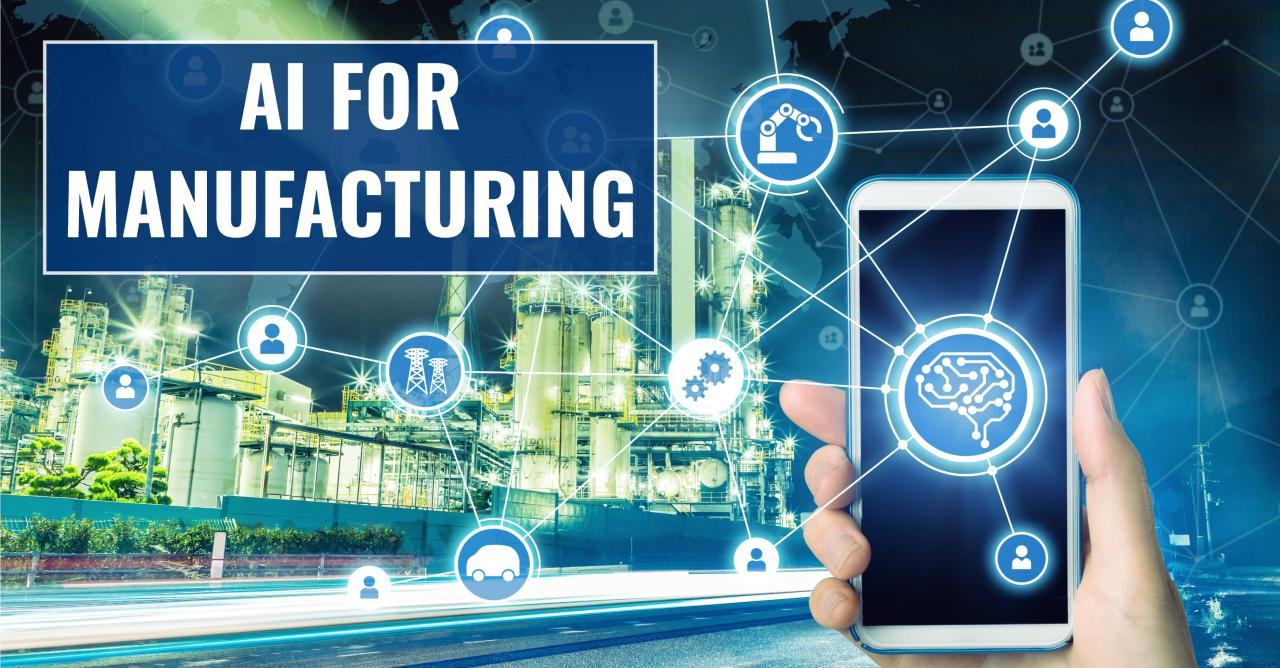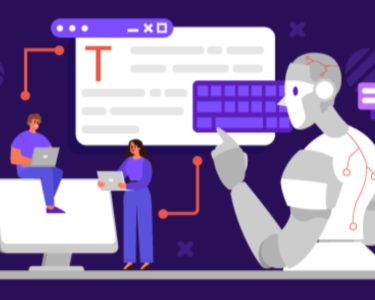
Artificial Intelligence (AI) in Manufacturing: Revolutionizing the Industry
The manufacturing industry is undergoing a transformative shift as artificial intelligence (AI) rapidly integrates into its operations. By leveraging AI’s advanced capabilities, manufacturers are unlocking new levels of efficiency, productivity, and innovation.
Applications of AI in Manufacturing
AI finds application in various aspects of manufacturing processes, including:
- Predictive Maintenance: AI algorithms analyze machine data to predict potential failures, enabling proactive maintenance and reducing downtime.
- Process Optimization: AI assists in optimizing production processes by identifying bottlenecks, improving resource utilization, and reducing defects.
- Quality Control: AI-powered cameras inspect products with high precision, detecting anomalies and ensuring product quality.
- Supply Chain Management: AI optimizes supply chains by predicting demand, managing inventory, and optimizing logistics.
- Product Development: AI aids in designing and developing innovative products by simulating and testing virtual prototypes.
Benefits of AI in Manufacturing
The integration of AI in manufacturing offers numerous benefits, such as:
- Increased Efficiency: AI automates tasks, optimizes processes, and reduces manual labor, leading to significant efficiency gains.
- Improved Productivity: By minimizing downtime, optimizing production schedules, and enhancing quality, AI boosts productivity levels.
- Enhanced Quality: AI’s precise inspection capabilities ensure higher product quality and reduce defects.
- Lower Costs: AI optimizes resource allocation, reduces maintenance costs, and improves supply chain efficiency, leading to overall cost reduction.
- Innovation Acceleration: AI facilitates rapid product development, enables experimentation, and supports the creation of innovative solutions.
Challenges and Considerations
While AI offers immense potential, manufacturers must address certain challenges:
- Data Integration: Collecting and harmonizing data from diverse sources is crucial for effective AI implementation.
- Skills Gap: Implementing and managing AI systems requires specialized skills, which can create a skills gap in the workforce.
- Ethical Implications: AI algorithms must be designed with transparency, fairness, and safety in mind.
- Security Concerns: AI systems generate and process sensitive data, requiring robust security measures.
- Regulatory Compliance: Manufacturers need to ensure compliance with industry regulations and data privacy laws.
Conclusion
The integration of AI in manufacturing is an ongoing revolution that is transforming the industry. By embracing AI’s capabilities, manufacturers can achieve unprecedented levels of efficiency, productivity, and innovation. However, it is essential to navigate challenges and consider ethical, regulatory, and security implications to fully harness AI’s transformative power. As AI continues to evolve, the manufacturing industry stands poised for a future of unparalleled technological advancement.


